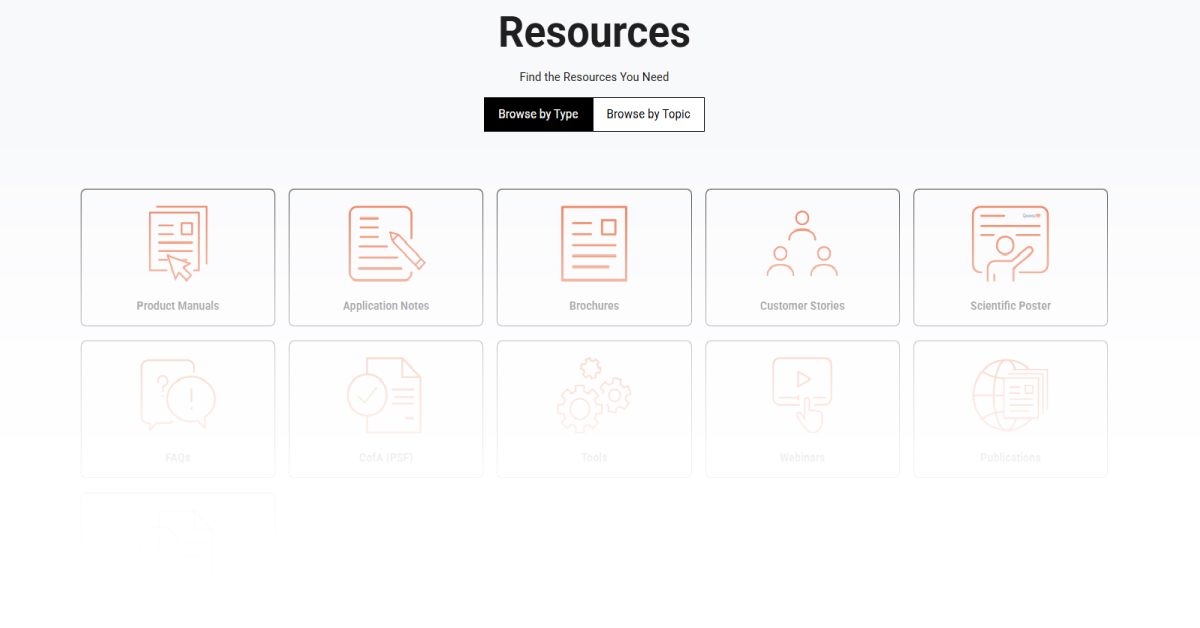Customer Profile: Staten Serum Institute
For Newborn Screening in Denmark, Scientists Turn to the sparQ™ Lysis Kit
It’s always a thrill for Team Quanta to get an opportunity to spend time with our customers and see how our reagents are making a difference for their work. Recently, we caught up with Caroline Mentzel, an NGS scientist at the Statens Serum Institut (SSI) in Denmark, to learn about how she’s using the sparQ™ Lysis Kit for newborn screening.
We encourage you to read the full profile story, but if you don’t have time, here are a few highlights.
SSI scientists screen newborns in Denmark, Greenland, and the Faroe Islands for 25 diseases, all chosen because they can be prevented or treated with early detection. That’s a total of 55,000 to 60,000 babies every year!
Newborn screening is a high-stakes operation. False positive results could subject a baby to invasive follow-up testing and the family to unnecessary anxiety; false negatives mean that preventable or easily treatable diseases could progress to much more serious stages before being detected. At SSI, about 70 babies each year test positive for one of the 25 diseases.
Recently, SSI began investigating the possibility of incorporating nanopore sequencing technology to resolve a genetic region that couldn’t be investigated with traditional short-read sequencing. Doing so would require more DNA volume than her lab was getting from its regular DNA purification kit.
To overcome that challenge, Mentzel and her team evaluated the automation-friendly sparQ Lysis Kit, which got high marks for performance and ease of use. “This kit runs very well with our liquid handling workstation,” Mentzel says. “It definitely solves a problem we had with automation and low yield.” Now, the kit is set to become a regular part of SSI’s newborn screening workflow.
Interested in learning more? Read the case study: In Denmark, Newborn Screening Gets a Boost from Streamlined DNA Purification.
Recent posts


Subscribe to Our Blog
Read More
We’re Looking Forward to ICoNS ’24!

Team Quantabio: Mathias Christoph, Marketing

